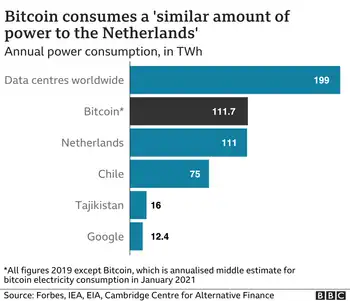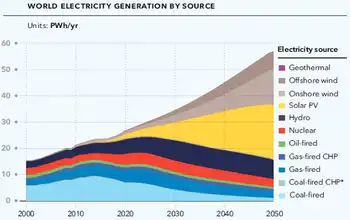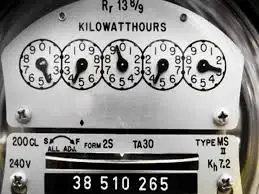Cap-and-trade bill stirs West Virginia protests
An estimated 400 people gathered in Charleston recently in opposition to the so-called cap-and-trade proposal.
The U.S. House passed legislation last month that would cut carbon dioxide emissions, particularly from coal-fired power plants.
Rep. Shelley Moore Capito, R-W.Va., expressed concern about losing West Virginia coal jobs.
The bill requires power plants, factories, refineries and electricity and natural gas distributors to reduce the emissions linked to global warming. It also calls for more power production from renewable sources such wind and solar energy, and raises energy-efficiency standards.
Related News

How Bitcoin's vast energy use could burst its bubble
LONDON - The University of Cambridge Centre for Alternative Finance (CCAF) studies the burgeoning business of cryptocurrencies.
It calculates that Bitcoin's total energy consumption is somewhere between 40 and 445 annualised terawatt hours (TWh), with a central estimate of about 130 terawatt hours.
The UK's electricity consumption is a little over 300 TWh a year, while Argentina uses around the same amount of power as the CCAF's best guess for Bitcoin.
And the electricity the Bitcoin miners use overwhelmingly comes from polluting sources.
The CCAF team surveys the people who manage the Bitcoin network around the world on their energy use and found that…




